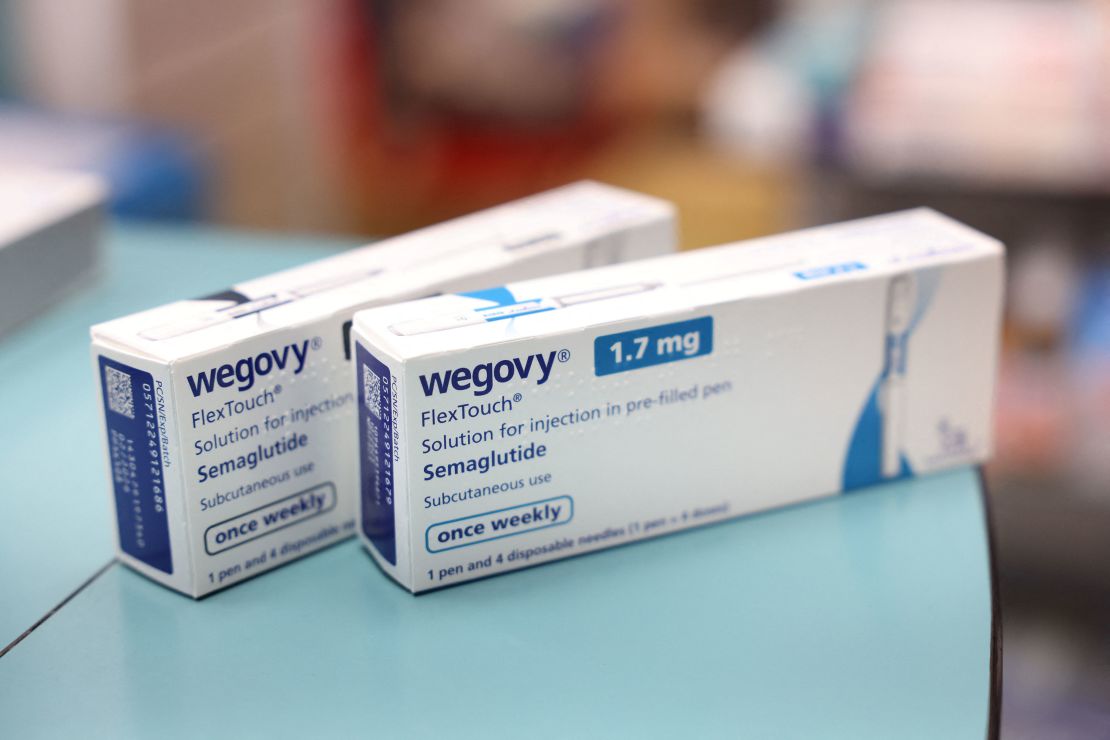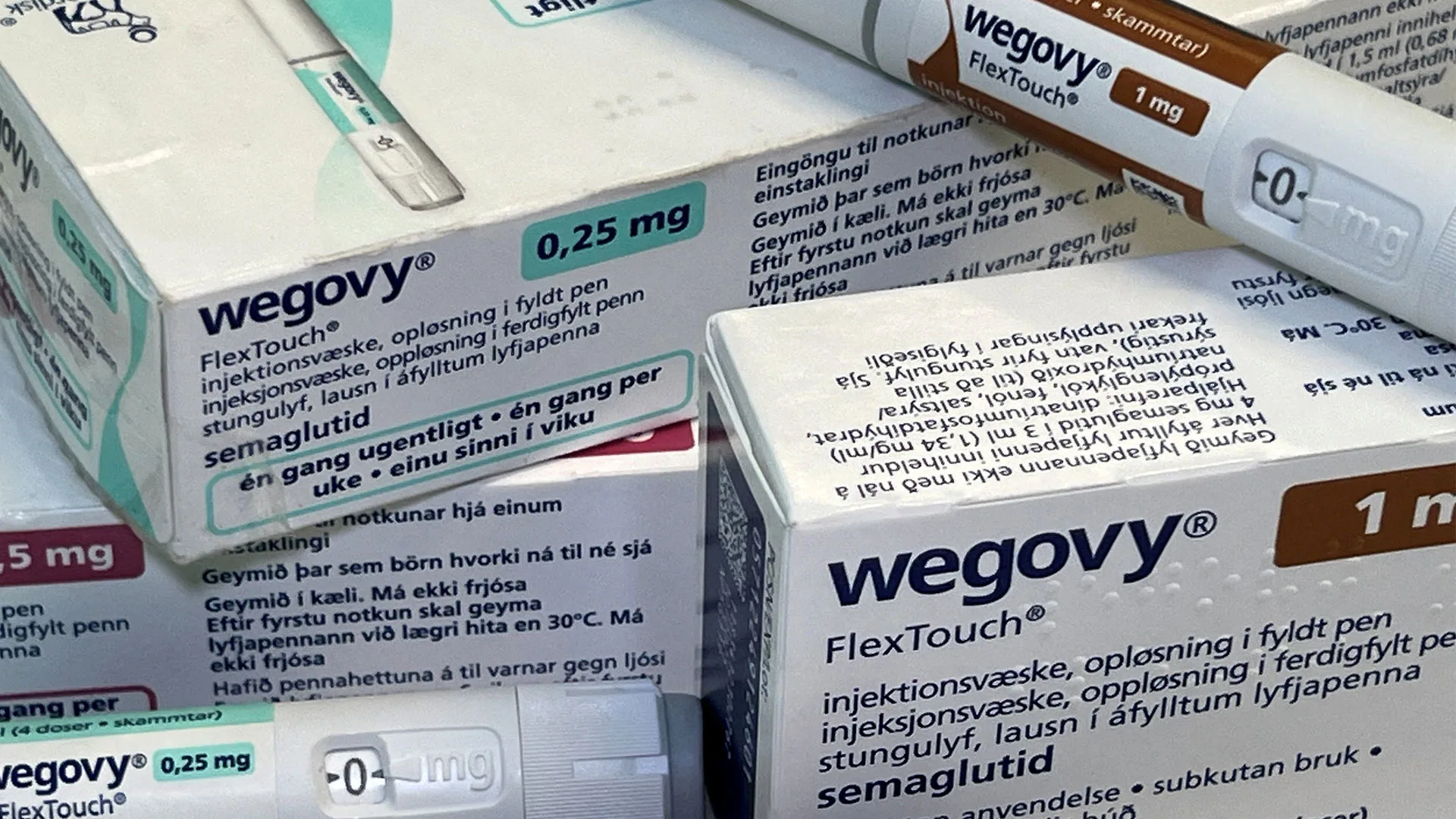A new analysis by health data firm Truveta reveals that popular weight-loss drugs like Wegovy and Zepbound are increasing the use of healthcare services in the U.S. These drugs, part of the GLP-1 class of medications, have prompted a rise in diagnoses and prescriptions for other medical conditions, including type 2 diabetes, sleep apnea, and cardiovascular disease. Truveta analyzed thousands of electronic patient records from 2020 to 2024 and found a spike in first-time diagnoses of these conditions shortly after patients began using GLP-1 medications.
The study highlights how these drugs are bringing patients who previously avoided medical care into the healthcare system. Interviews conducted by Reuters in collaboration with Truveta revealed that many overweight patients seeking GLP-1 prescriptions had avoided routine medical visits due to the stigma and bias they experienced in medical settings. Once these patients visit a doctor for GLP-1 treatment, they are often diagnosed with other obesity-related conditions that they may have been unknowingly living with for years.

Truveta’s data showed a significant increase in diagnoses following the adoption of GLP-1 medications. For instance, among 1,000 patients starting GLP-1 prescriptions in 2024, 42 were diagnosed with type 2 diabetes within 15 days, compared to 32 in 2020. Sleep apnea diagnoses rose from 8 to 11 per 1,000 patients during the same period, and cardiovascular disease diagnoses increased from 13 to 15. These findings indicate that the use of GLP-1 drugs is uncovering hidden health issues in patients seeking weight-loss treatments.
This surge in healthcare utilization has even affected related industries. Medical device maker ResMed attributed an 11% revenue growth in its fiscal year ending in June partly to the rise in GLP-1 drug use. The company, which sells sleep apnea devices, noted that these drugs are driving more people into primary care, with its CEO Michael Farrell highlighting this trend in a recent meeting with investors.
GLP-1 medications, originally developed for managing diabetes by mimicking hormones that regulate appetite and blood sugar, have become highly sought-after for treating obesity. Popular brands like Wegovy, Ozempic, and Zepbound have fueled soaring demand, transforming their manufacturers, Novo Nordisk and Eli Lilly, into the world’s largest pharmaceutical companies. The drugs’ influence is reshaping both healthcare utilization and the broader pharmaceutical and medical device industries.
